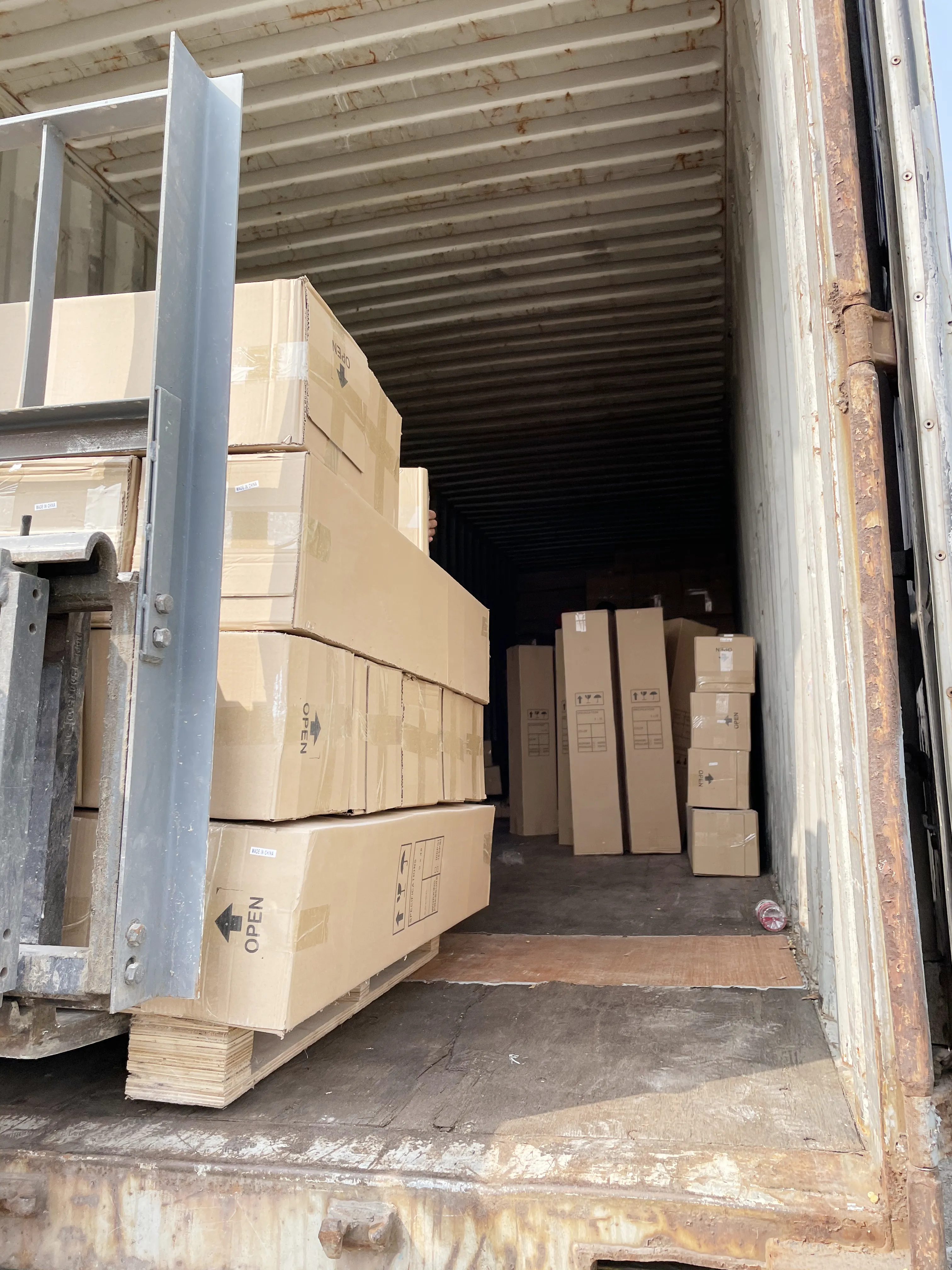loading...
- No. 9, Xingyuan South Street, Dongwaihuan Road, Zaoqiang County, Hengshui, Hebei, China
- admin@zjcomposites.com
- +86 15097380338
- Welcome to visit our website!
Exploring the Applications and Benefits of FRP Vessels in Various Industries
FRP Vessels Revolutionizing Storage Solutions
In recent years, the use of Fiber Reinforced Plastic (FRP) vessels has gained significant traction across various industries. These innovative containers, composed of a polymer matrix reinforced with fibers, offer a range of advantages that make them increasingly popular for storage and transportation solutions.
FRP Vessels Revolutionizing Storage Solutions
Moreover, FRP vessels are known for their exceptional strength-to-weight ratio. They can withstand significant pressure and stress, making them suitable for storing a wide variety of substances, including chemicals, water, and even food products. Their durability is further enhanced by intrinsic corrosion resistance, which is a critical factor in many industries. Unlike metal containers that can rust or degrade over time, FRP vessels maintain their integrity even when exposed to harsh chemicals or environmental conditions. This longevity translates into lower replacement costs and increased safety.
frp vessels

Another notable advantage of FRP vessels is their design flexibility. Manufacturers can tailor the shape, size, and specifications of these vessels to meet the unique requirements of specific applications. This customization potential makes FRP vessels versatile tools for different sectors, including oil and gas, pharmaceuticals, food and beverage, and wastewater treatment. Additionally, their smooth inner surfaces reduce the risk of contamination, crucial for industries where hygiene is paramount.
Environmental sustainability is also a significant factor driving the adoption of FRP vessels. As industries worldwide seek to minimize their ecological footprint, the low energy required for the production and recycling of FRP materials presents a compelling alternative to conventional materials. Many manufacturers are now focusing on producing eco-friendly FRP solutions, employing renewable resources and reducing waste during the production process.
In conclusion, FRP vessels represent a transformative shift in how industries approach storage and transportation challenges. Their lightweight, durable, and corrosion-resistant properties, combined with design flexibility and sustainability, position them as a superior choice over traditional materials. As technology continues to advance, the applications of FRP vessels are likely to expand, making them an essential consideration for businesses looking to enhance efficiency and safety in their operations. Whether in industrial settings or everyday use, FRP vessels are paving the way for innovative storage solutions in the modern world.
-
The Rise of FRP Profiles: Strong, Lightweight, and Built to LastNewsJul.14,2025
-
SMC Panel Tanks: A Modern Water Storage Solution for All EnvironmentsNewsJul.14,2025
-
GRP Grating: A Modern Solution for Safe and Durable Access SystemsNewsJul.14,2025
-
Galvanized Steel Water Tanks: Durable, Reliable, and Ready for UseNewsJul.14,2025
-
FRP Mini Mesh Grating: The Safer, Smarter Flooring SolutionNewsJul.14,2025
-
Exploring FRP Vessels: Durable Solutions for Modern Fluid HandlingNewsJul.14,2025
-
GRP Structures: The Future of Lightweight, High-Performance EngineeringNewsJun.20,2025
